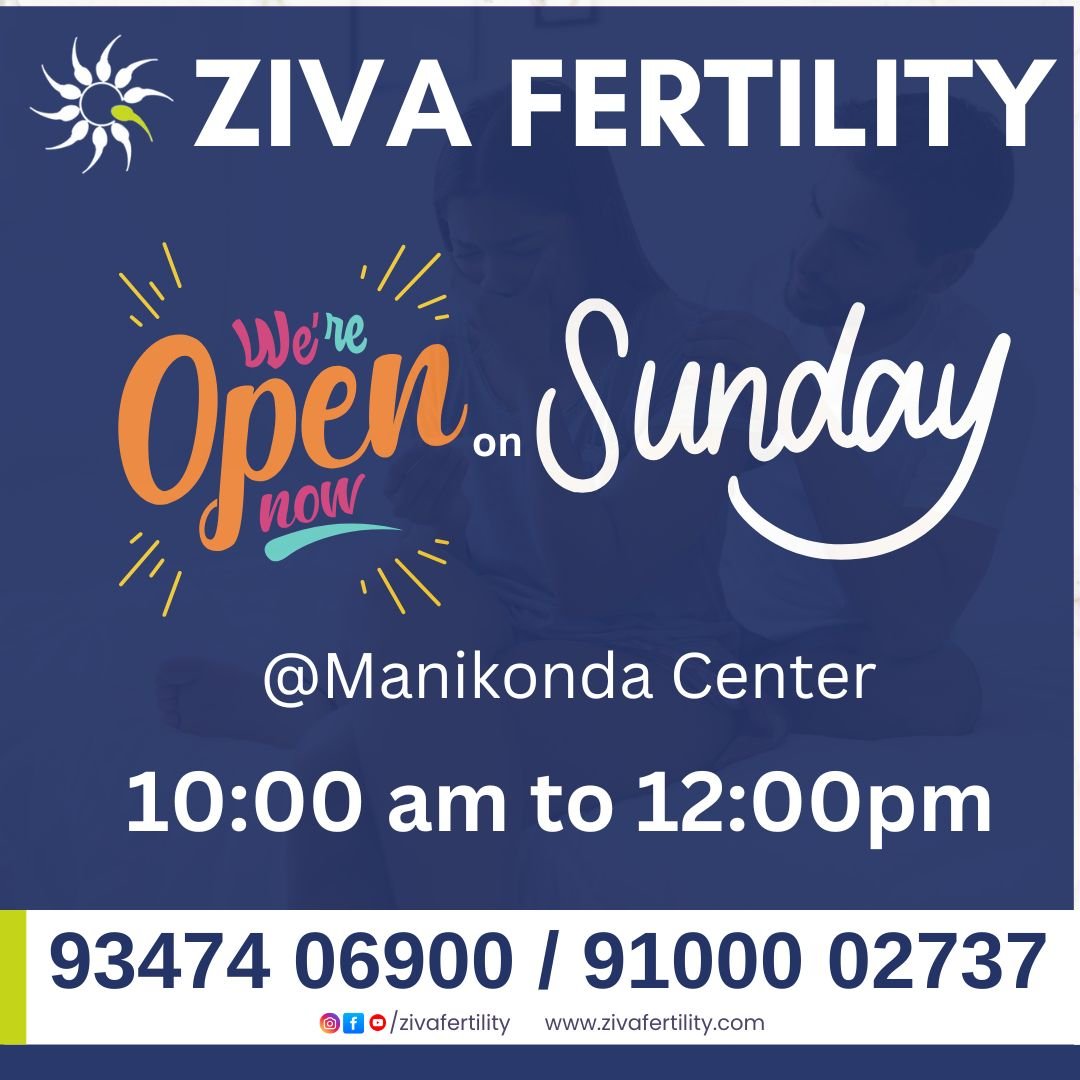One of the most asked questions by women who have been diagnosed with endometriosis is, “What are the chances of getting pregnant with endometriosis?”. Though endometriosis affects other reproductive functions, conception is the top question on the minds of women. Well, we at ZIVA fertility clinics are happy to answer the question, “What are the chances of getting pregnant with endometriosis ?” and let you know that endometriosis does not necessarily cause infertility. With that saying, bear in mind there is an association with fertility problems, although the cause is not fully established. In our long experience as the top fertility clinic, we have seen women with severe endometriosis conceive naturally.
Understanding the impact of endometriosis on pregnancy
Endometriosis is when the tissue that should form inside the uterine lining grows outside of the uterine cavity. This tissue could get stuck to the outside of the uterus, the ovaries, and the fallopian tubes. There is a chance that this endometrium-like tissue could damage, block, or irritate the reproductive organs and make it more challenging to get and stay pregnant. The chances of conception with endometriosis should be seen in conjunction with age, underlying medical conditions, and the severity of your condition. There are no outward symptoms to know for sure if you have endometriosis. But if one is having painful, heavy, or irregular periods along with abdomen (tummy) or pelvic pain, they should consult a doctor. They might also experience pain while urination, passing stools, and sex. The most common treatment is by using hormones. The patient’s periods become regular, and their pain also starts to decrease.
Does endometriosis cause problems in pregnancy?
As said before, endometriosis does not prevent natural pregnancy. About one in three women with endometriosis have trouble getting pregnant. For natural conception to occur, an egg needs to be released from one of your ovaries and travel through the fallopian tube. By that time, sperm should be present in the fallopian tubes, where the eggs get fertilised. The fertilised egg ideally is attached to the lining of the uterus. Hence, you can see why endometriosis may prevent a pregnancy with reasons such as:
- Ovaries may not release the egg due to extra tissue growth.
- The tissue grew, blocking your fallopian tubes.
- The tissue is on the outside of the uterus; hence, the egg cannot get implanted in your uterus.
- Endometriosis also causes pregnancy-related hormonal imbalances. Endometriosis produces hormones which may impact the hormones needed for the embryo to develop.
Though more complex, please do not lose hope since most people with endometriosis are still able to have children.
Will pregnancy impact the endometriosis symptoms?
After you get pregnant with endometriosis, the painful periods and heavy menstrual bleeding will halt. During pregnancy, the levels of progesterone increase, and this hormone suppresses and perhaps even shrinks endometrial growth. That’s why the synthetic form of progesterone is often used to treat those with endometriosis. Not all women experience pregnancy the same way, as it depends on the severity of your condition, your body’s hormone production, and the way your body responds to pregnancy.
After the baby is born, there is a period of breastfeeding that may delay the return of symptoms. The symptoms of endometriosis may return once your periods start.
What to expect in terms of risk for pregnancy with endometriosis?
Endometriosis causes pregnancy and delivery complications due to structural damage to the uterus, and hormonal influences.
Miscarriage: Miscarriage rates are higher in those with endometriosis and even in people with mild endometriosis. Unfortunately, there is no stopping miscarriage from happening, but it’s essential to recognize the signs so you are medically and emotionally prepared. For women who are less than 12 weeks pregnant, look out for symptoms like:
- Bleeding
- Cramping
- Low back pain
After 12 weeks, the symptoms will be the same, but bleeding, cramping, and tissue passage might be more severe.
Preterm birth: Pregnant people with endometriosis are 1.5 times more likely than other pregnant moms to deliver before 37 weeks of gestation. Babies born before 37 weeks of gestation are considered preterm. Such babies have a low birth weight and are more likely to experience health and developmental problems. Symptoms of early labour are:
- Regular contractions tighten around your midsection, which may or may not hurt.
- Change in vaginal discharge which may become bloody, or the consistency of mucus.
- Pressure in your pelvis.
For any such symptoms, immediately seek a doctor’s help.
Placenta previa: During pregnancy, both the foetus and placenta will develop. The placenta is responsible for supplying oxygen and nourishment to your growing foetus through your blood. In normal conditions, the placentas attach to the uterine walls away from the cervix. Still, if the placenta is close or directly to the opening of the cervix, it is known as placenta previa. Placenta previa causes significant bleeding and placenta abruption — a premature and dangerous separation of the placenta from the uterus. The main symptom is bright red vaginal bleeding, and the recommendation is to limit your activities, including sex and exercise. If the bleeding is heavy, the doctors may give a blood transfusion and an emergency C-section.
With all the above information, one should know that pregnancy is certainly possible, and after conceiving, it is essential to be in the care of good fertility experts such as ZIVA Fertility clinics. For more information, please visit our website https://zivafertility.com/ or contact us at +91-9100002737 or +91-9392834024.


















